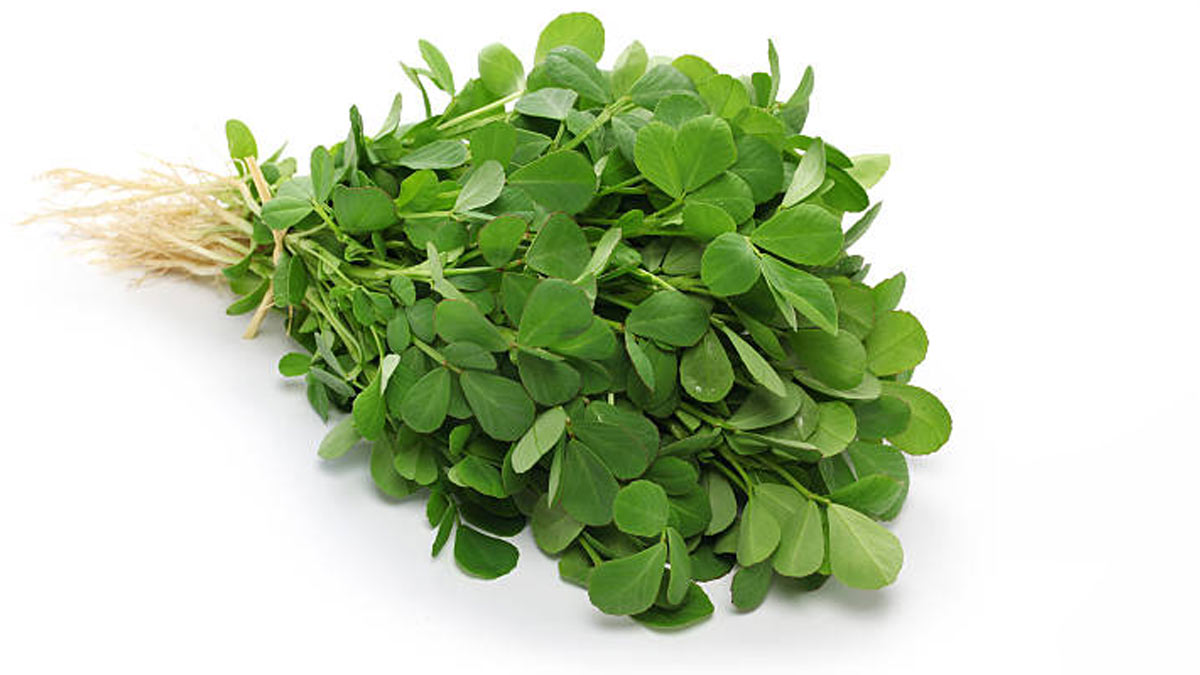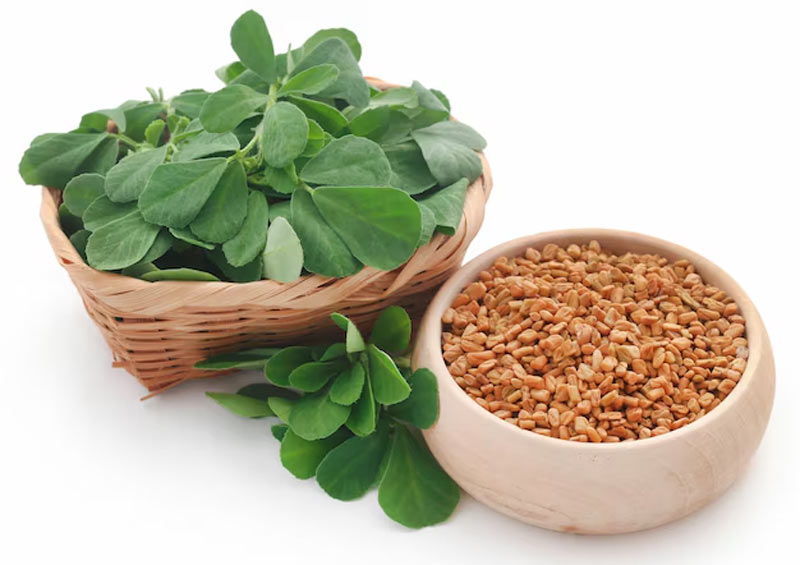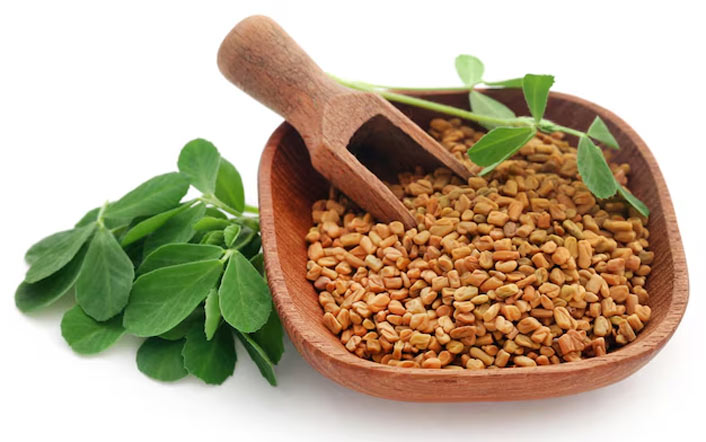
Fenugreek, also known as Methi or Menthya in various regions of India, is a green leafy leguminous plant with numerous health benefits. This herb, which is easy to cultivate, adds beauty to your garden and offers medicinal value, soil enrichment, and a distinctive flavour. It's not only beneficial for health but also simple to grow in your kitchen garden, indoor pots, or even in a bowl of water. Below is a comprehensive guide to help you grow fenugreek in your garden in pots.
Below are the supplies that you need for growing fenugreek in pots:

We got in touch with Swaminathan, a local gardener from Dwarka who told us a comprehensive guide to grow fenugreek in a pot:
1. Select the Appropriate Pot
Size: Opt for a pot that is at least 6-8 inches deep with drainage holes to avoid excess water.
2. Prepare the Soil
Mix: Use a well-draining potting mix, such as a combination of compost, garden soil, and sand. This ensures proper drainage and air circulation.
pH: Fenugreek thrives in slightly acidic to neutral soil (pH 6.0-7.0).
3. Get the Seeds Ready
Quality: Obtain high-quality fenugreek seeds from a reliable supplier.
Soaking: Soak the seeds in water for 6-8 hours to enhance germination.
4. Plant the Seeds
Sowing: Plant the seeds about 1-2 inches apart and 1/2 inch deep into the soil.
Spacing: Ensure adequate spacing to prevent overcrowding.
Don't Miss: A Beginner’s Guide To Growing Vegetables At Home

5. Watering
Initial: Water the seeds gently after planting. Keep the soil moist, but avoid waterlogging.
Ongoing: Maintain consistent moisture levels by watering regularly. Don’t let the soil dry out completely.
6. Sunlight Requirements
Placement: Position the pot in a sunny spot where it gets at least 4-6 hours of direct sunlight each day.
Indoor Options: For indoor growing, use grow lights if natural light is insufficient.
7. Fertilisation
Type: Use a balanced, all-purpose fertiliser or one with higher phosphorus content to support root growth.
Frequency: Fertilise every 4-6 weeks as per the instructions on the product.
8. Managing Plant Growth
Thinning: Once seedlings reach a few inches in height, thin them out to 2-3 inches apart to give each plant enough room.
Support: Fenugreek generally does not require extra support, but ensure plants are not too crowded.
9. Harvesting
Timing: Harvest young, tender leaves about 3-4 weeks after planting. If harvesting seeds, let the plant mature and dry before collecting them.
Method: Cut the leaves with scissors or shears, or pull up the entire plant if collecting seeds.
Don't Miss: How To Grow Mango Tree In A Pot: A Step-By-Step Guide
10. Pest and Disease Control
Monitoring: Regularly check for pests like aphids or spider mites. Use neem oil or insecticidal soap if needed.
Disease Prevention: Ensure good airflow and proper watering to minimise the risk of fungal diseases.
By following these guidelines, you can effectively grow fenugreek in a pot and enjoy its fresh leaves and benefits.
Keep reading Herzindagi for more such stories.
Credits: Freepik
Also watch this video
Herzindagi video
Our aim is to provide accurate, safe and expert verified information through our articles and social media handles. The remedies, advice and tips mentioned here are for general information only. Please consult your expert before trying any kind of health, beauty, life hacks or astrology related tips. For any feedback or complaint, contact us at [email protected].